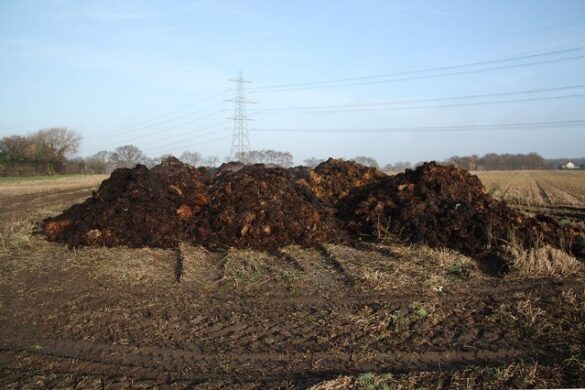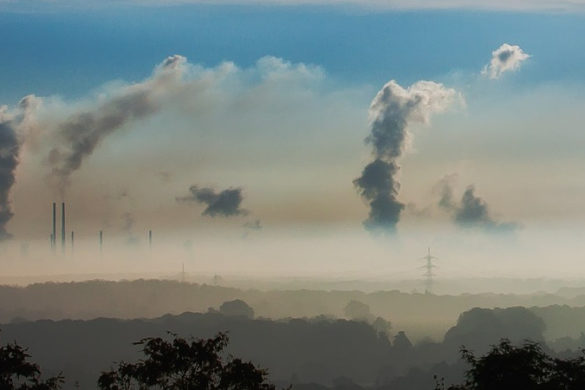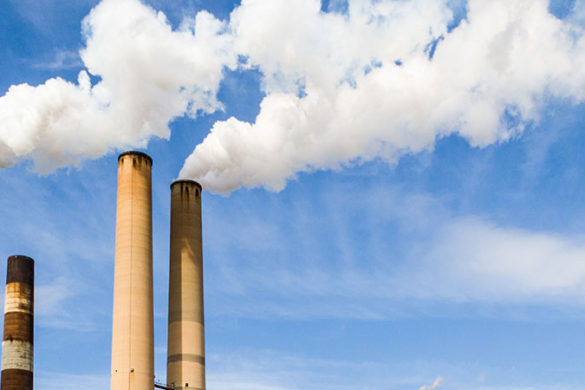As Earth’s climate continues to warm, global carbon budgets are playing an increasingly important role in informing mitigation policy responses around the world. We explain how they work and how they are used.
carbon
-
-
The Global Carbon Budget, released today, has found that global fossil CO2 emissions in 2020 are expected to decline by approximately 7% in 2020.
-
News
New research: nitrous oxide emissions 300 times more powerful than CO₂ are jeopardising Earth’s future
New research has found that nitrous oxide from agriculture and other sources is accumulating in the atmosphere so quickly it puts Earth on track for a dangerous 3℃ warming this century.
-
News
Emissions of methane – a greenhouse gas far more potent than carbon dioxide – are rising dangerously
Methane emissions have continued to rise over the past decade and are tracking concentrations consistent with the warmest IPCC scenario.
-
Global emissions for 2019 are predicted to hit 36.8 billion tonnes of carbon dioxide (CO₂), setting yet another all-time record. This disturbing result means emissions have grown by 62% since international climate negotiations began in 1990 to address the problem.
The figures are contained in the Global Carbon Project, which today released its 14th Global Carbon Budget.
-
Methane is the second most important greenhouse gas contributing to human-induced climate change. A new technique could restore methane concentrations to pre-industrial levels.
-
In this webinar from 21 November 2017, Dr Pep Candadell discusses the key trends in the 2017 Global Carbon Budget and reflects on COP23 outcomes.
-
‘No room for complacency’ – that’s the big message from the latest Global Carbon Budget, which reports global greenhouse emissions from fossil fuels and industry are on track to grow by 2% in 2017, reaching a new record high of 37 billion tonnes of carbon dioxide.
-
Satellite data is increasingly supporting carbon cycle monitoring, but there are still some limitations on what the data can tell us.
-
Water is the most precious resource needed for plants to grow, and our research suggests that vegetation is becoming much better at using it in a world in which carbon dioxide levels continue to rise.









